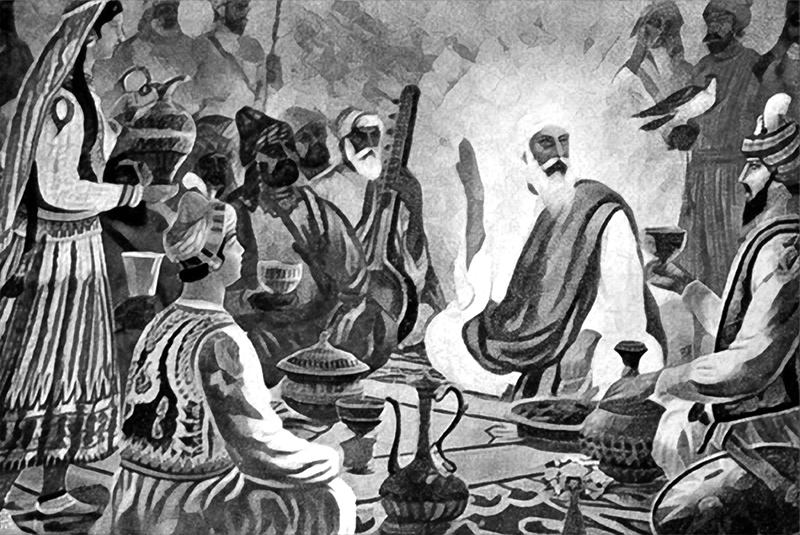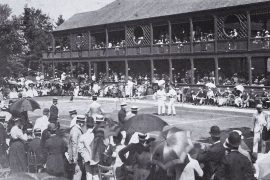In one portion of the Guru Granth Sahib, Guru Nanak proclaims in a hymn: “Babarvani phiri gai kuiru na rod khai” (Babar’s command has spread; even the princes go without food). The story behind these words is a tragic tale of woe encapsulated in four hymns, collectively called the Babarvani.
The nomadic Mughals were always searching for new territories to conquer. The kingdom-less Babur was no stranger to moving around with his fellow tribal compatriots. After being expelled from his principality in Farghana in Central Asia, Babur sets out to find his kingdom.
Having failed to reconquer his homeland, he turns east, reaching the town of Saidpur in 1506 (now Eminabad, 15 km southeast of Gujranwala in Pakistan). The city witnessed the fury of the Mughal forces, its inhabitants mostly massacred or imprisoned. In the next invasion, he ransacked Lahore, and then, finally, in the winter of 1526, defeated the Sultan of Delhi.
Guru Nanak, his contemporary, who was travelling with his disciple Mardana at that time, was an eye witness to the havoc wreaked by Babur’s invasions. Like the other residents of the town, Nanak was also imprisoned. But he did not stop singing kirtans and prayers even as he was forced to work at a hand mill. According to a legend, news of Guru Nanak’s greatness reached Babur – and he made it a point to meet him. Seeing the radiance on his face and hearing his wise words, Babur was convinced that Nanak was a saint. He offered Guru Nanak immediate freedom, but Nanak replied:
-30-
Copyright©Madras Courier, All Rights Reserved. You may share using our article tools. Please don't cut articles from madrascourier.com and redistribute by email, post to the web, mobile phone or social media.Please send in your feed back and comments to [email protected]











